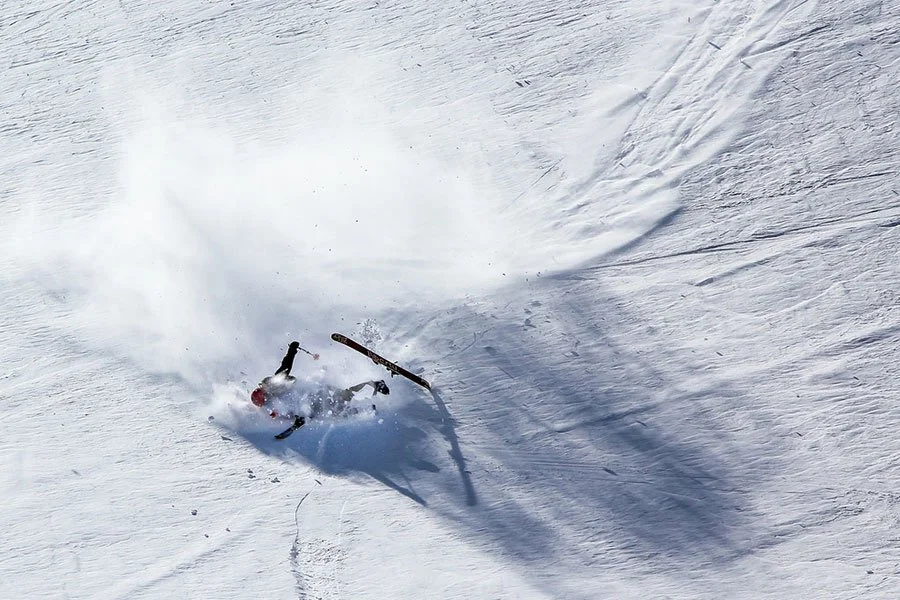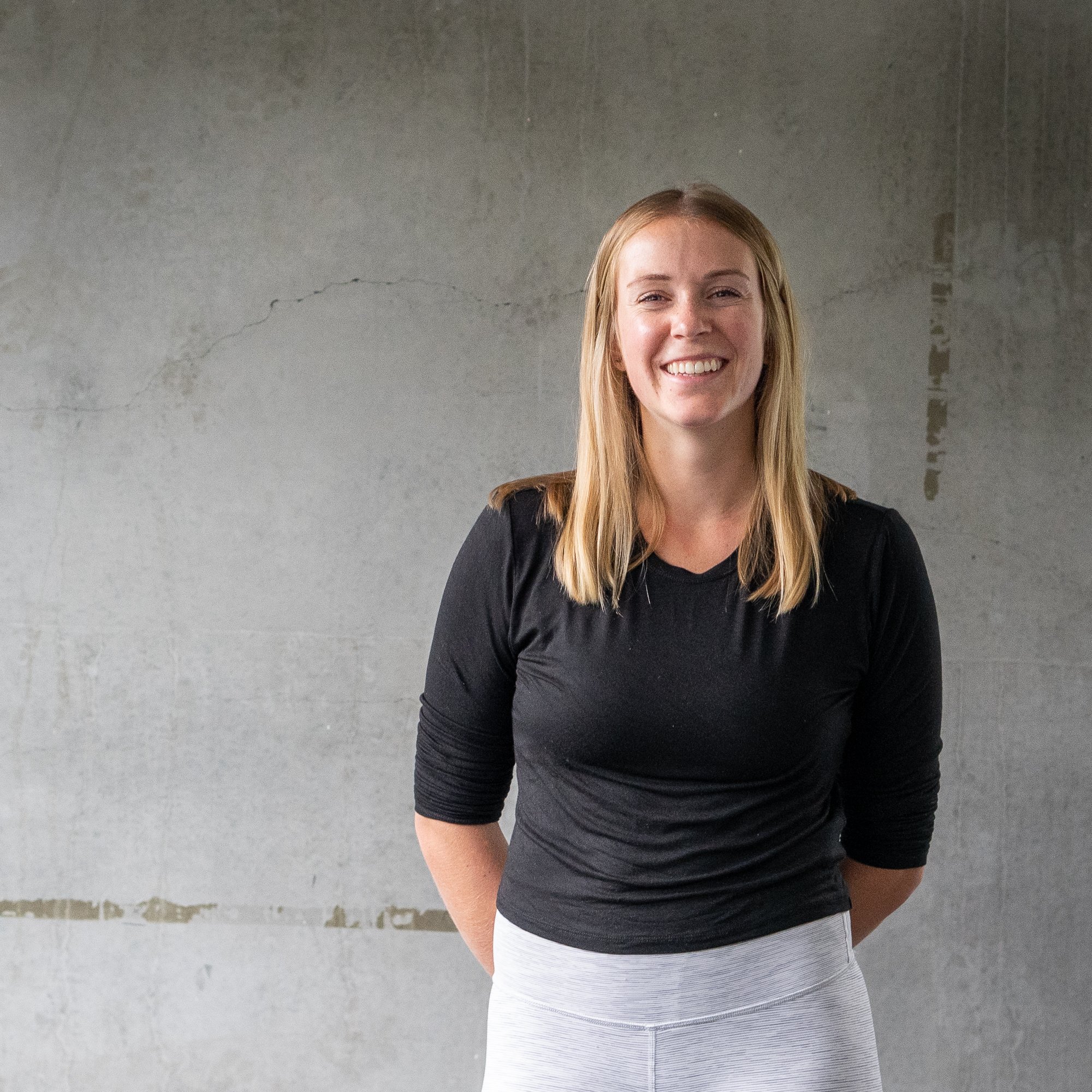Hi! If you are reading this, THANK YOU AND WELCOME. My name is Makenzi and I’m a Registered Kinesiologist. My journey into concussion rehab started when I graduated from Brock University back in 2017. I worked for a small company out of London, Ontario that helped rehabilitate people who were involved in motor vehicle and work place accidents, I saw a lot. From acute injuries like a broken arm, to catastrophic injuries like a spinal cord injury, the clients I saw were complex. Not only did these individuals suffer from visible, physical injuries, but a lot of them suffered from concussions or mild traumatic brain injuries.
Working closely with these individuals week to week opened my eyes to the world of concussions. The complexity and individualism in terms of their recovery, how it affected their day to day activities, their relationships, their home life and their social life. It ignited a fire in me to want to do more to help people experiencing a mild traumatic brain injury. I want people to be able to talk more freely about concussions and the struggles experienced while living with them. I want to create a safe space for people to ask questions and feel supported. By using this platform to share my knowledge and experience I'm moving toward achieving that goal.
DISCLAIMER
These blogs are meant to give you some insight into concussion research and concussion rehabilitation. Concussion research is elaborate and at times, hard to understand. These blogs are meant to simplify the science around concussions, and provide helpful information for you to use whether you are experiencing a concussion or know someone who is. This is not a completely comprehensive look at concussions; There is a ton of research out there that we may not touch on. If you are someone who is experiencing a concussion, please seek medical attention. These blogs are meant to support you or a loved one in their concussion journey, not replace seeking individualised help.
Let's dive in...
"You have a concussion." It's a phrase that often leads to more questions than answers. Over the past few decades the injury, what causes it and how to treat it has come into a new light. More recently, thanks to Will Smith and his excellent performance as Dr. Bennett Omalu in the 2015 blockbuster hit, "Concussion." But the term concussion is not new. It was established long ago. I'm talking 10th Century long ago. It's taken centuries for us to figure out the true definition of concussion and how we can efficiently diagnose and treat them. Why? Because brains are complicated and it's critical you remember that.
Have you ever heard the phrase, "Sit in a dark room and rest" when talking about concussions? For a long time, we treated a concussion like a scratch. Put a bandaid on it, in a couple days you'll be fine. However, due to recent research we've learned this is very much not the case. Like any visible, physical injury, rest just isn't enough. There is a full individualised approach for concussion rehabilitation, just like there is for a sprained ankle or broken femur.
What happens when you don't take care of a sprained ankle? Well, you probably sprain it again (and again, and again), and live with chronic pain and the annoyance of having 'bad ankles'. What happens when you don't take care of a concussion? You live with, at times, life-altering symptoms that persist overtime, which directly affect your quality of life and day to day activities. Not to mention, multiple blows to the head can lead to a greater risk of developing a degenerative disease such as Alzheimer's, Dementia and Psychosis.
So what gives?! Why does it seem like we don't treat our brains, you know, the organ that conducts all thoughts, feelings, functions in our body, like we treat any other injury? Why do we neglect seeking help for our brain?
Concussion Overview
Anyone remember that Pokemon movie where Mewtew is encased in a tank filled with fluid and he's just chilling until he breaks out and dominates all the Pokemon? No? Just me? Well, the tank that Mewtew was in is an excellent representation of our brain in our skull.
Our brain is enclosed within our skull and is surrounded by cerebral spinal fluid that acts as a cushy barrier between the soft, fragile, butter-like brain, and the hard rigidness of the interior skull. The brain is just floating, chilling as Mewtew does, orchestrating the many activities in the body until, a direct or indirect blow, jarring, or blast to the head or body causes the brain to accelerate towards the skull and crash into it. The result? A disruption of brain function from bruising, broken blood vessels, swelling, increased pressure, or nerve damage.
After impact, the brain is very unhappy. It shows its unhappiness through a wide variety of symptoms. Many people associate a concussion with having a headache. Headaches are a common symptom, but did you know you can experience physical, emotional, mental and behavioural symptoms? This may look like being irritated more easily, sleeping disruptions, double vision, feeling depressed, lack of concentration, or simply just feeling not yourself, or, 'off'.
There is no one-symptom-fits-all experience for concussions. Everyone experiences different symptoms, to different extremes ranging from mild to severe. Furthermore, some people may experience the onset of symptoms instantly, or, may experience symptoms overtime. That's where concussion recovery is very tricky. Remember, brains are complicated. Recovery is not linear. It comes with some trial and error, an incredible amount of mindfulness, and most importantly, and perhaps the most challenging for people, patience.
Concussion rehab can be incredibly frustrating, but like anything difficult in life we go through, it teaches us very valuable lessons. People learn to slow down, learn to become aware of their bodies and how their bodies react to the world around them. People learn to appreciate and show gratitude towards day to day life. People solidify the understanding that we as human beings are incredibly resilient. We are built to survive (Shout out to evolution for getting us where we are today!). Your journey may be long and hard, but I promise you, if you put in the work and keep an open mind, you will be able to create a happy, sustainable, healthy (concussion-symptom free) life.
This series of blogs will feature specific topics on concussions and concussion rehabilitation, including a breakdown of the concussion rehab guidelines, the systems in your head that work together (or don't), exercise and diet with concussions, and more.
I always look forward to receiving feedback, good or bad. So if you like what you read (or don't) or you have more questions, please reach out to makenzi@peaktrainingwhistler.com. If you're wondering something, there's a good chance someone else out in the world has had the same question too.







